Why People From Manchester Are Mancunians, Not Manchesterians
Demonyms are vital to our conceptions of ourselves, but the rules behind them can be pretty messy.
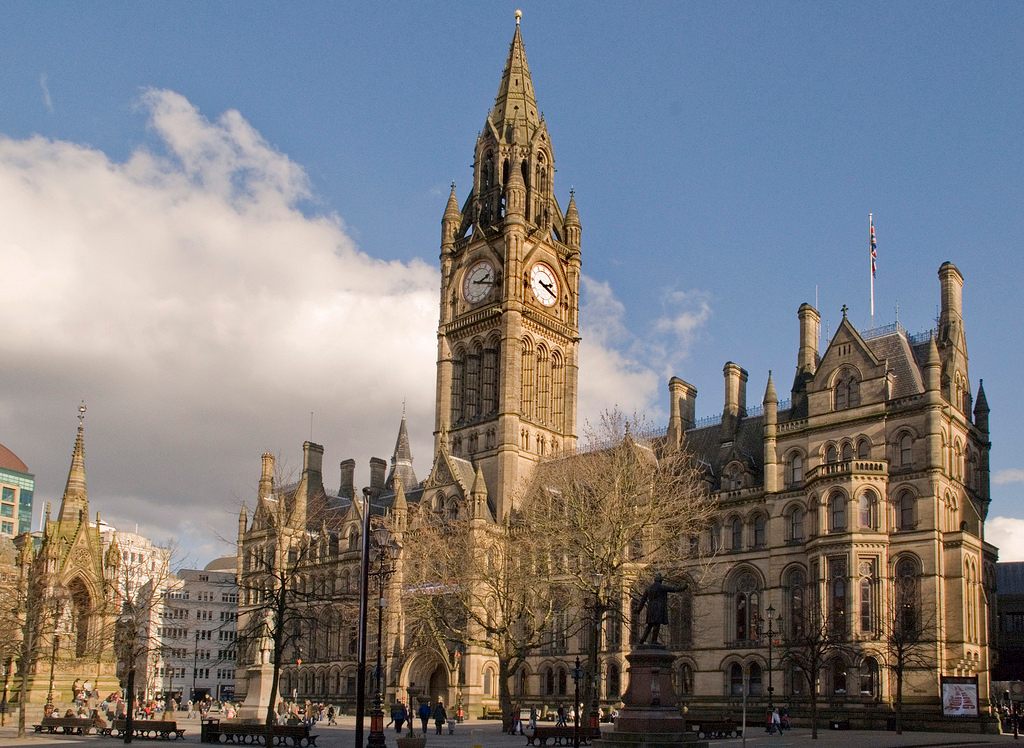
Here’s a very fun game to play: Take a list of cities with unusual demonyms—that’s the category of words describing either a person from a certain place, or a property of that place, like New Yorker or Italian—and ask people to guess what the demonym is. Here are some favorites I came up with, with the help of historical linguist Lauren Fonteyn, a lecturer at the University of Manchester. It’s tilted a bit in favor of the U.K. for two reasons. First is that Fonteyn lives and works there, and second is that the U.K. has some excellently weird ones. The answer key is at the bottom.
- Glasgow, Scotland
- Newcastle, England
- Pittsburgh, Pennsylvania
- Liverpool, England
- Leeds, England
- Wolverhampton, England
- Madagascar
- Halifax, Canada
- Barbados
Demonyms are personal and vital to our conceptions of ourselves. Few things are more important to our identities than where we’re from. This explains why people invariably feel the need to correct anyone who gets their demonym wrong. “It’s understudied but it’s kind of important,” says Fonteyn, who is originally from Belgium. “I moved to Manchester and had no idea what the demonym was. And if you do it wrong, people will get very, very mad at you.”
The demonym for people from or properties of Manchester is “Mancunian,” which dates back to the Latin word for the area, “Mancunium.” It is, like the other fun demonyms we’re about to get into, irregular, which means it does not follow the accepted norms of how we modify place names to come up with demonyms. In other words, someone has to tell you that the correct word is “Mancunian” and not “Manchesterian.”
A major problem with the entire system of demonyms is that it’s almost entirely ad-hoc, a mess of words cobbled from mostly archaic languages. Typically, though not in every case, the way we turn a place name into a demonym, at least in English, is with a suffix. The suffix -an or -ian, as in “Canadian,” “Mexican,” and “German,” comes from Latin. The suffix -er comes from, linguists think, Proto-Germanic, the Northern European precursor to Germanic languages like English, German, and Dutch. Originally it was something like -ware or -waras, but eventually was turned into the -er suffix we see in “New Yorker,” Londoner,” and “Berliner.”
Other less common ones came from other sources. From Old French we get -ois, as in “Québécois” and “Seychellois.” Also from Old French is -ese, as in “Chinese” and “Portuguese.” Proto-Germanic also gave us -ish, as in “Scottish” and “Swedish.” From Ancient Greek we get -ite, which is found in “Brooklynite” and the somewhat irregular “Muscovite” (that’s someone from Moscow, Russia).
Demonyms usually end in a suffix like that, but there are hardly any rules as to which place names get which suffixes. Sometimes there’s some historical connection with the base language of one of the suffixes—“Venetian,” say, because Venice has Roman and Latin roots—but sometimes there isn’t. Sometimes we pick a certain suffix to make a demonym easier to say, as in “Peruvian,” because nobody wants to struggle to say “Peruer.” Sometimes we don’t! The demonym for Dubai is “Dubaiite.”
And things get way worse than that, because not only does the suffix not necessarily follow any rules, but the actual place name itself often changes, as in Manchester’s switch to Mancunian.
From our list, let’s take Glasgow, which boasts the irregular demonym “Glaswegian.” “That one is formed through something we call analogy,” says Fonteyn. Analogy in the linguistic sense is sort of like your classic SAT question analogy: as A is to B, Y is to Z. Let’s take the words “drive” and “dive” for example. The past tense of “drive” has always been slightly unusual in that it’s “drove.” But the past tense of “dive” is not supposed to be unusual—it’s supposed to be “dived.” But because “drive” and “dive” sound so similar, Americans saw an analogy between those two words, and invented the word “dove.”
Glasgow is similar. The demonym “Glaswegian” comes, linguists think, as an analogy of the Irish city of Galway. “Glasgow” and “Galway” are two fairly similar looking words. And Galway has long had its own analogy with another similar-looking word: Norway. Galway’s demonym is “Galwegian,” as an analogy of “Norwegian.” So “Glaswegian” is a sort of a photocopy-of-a-photocopy of Norwegian. Not something anyone could ever guess!
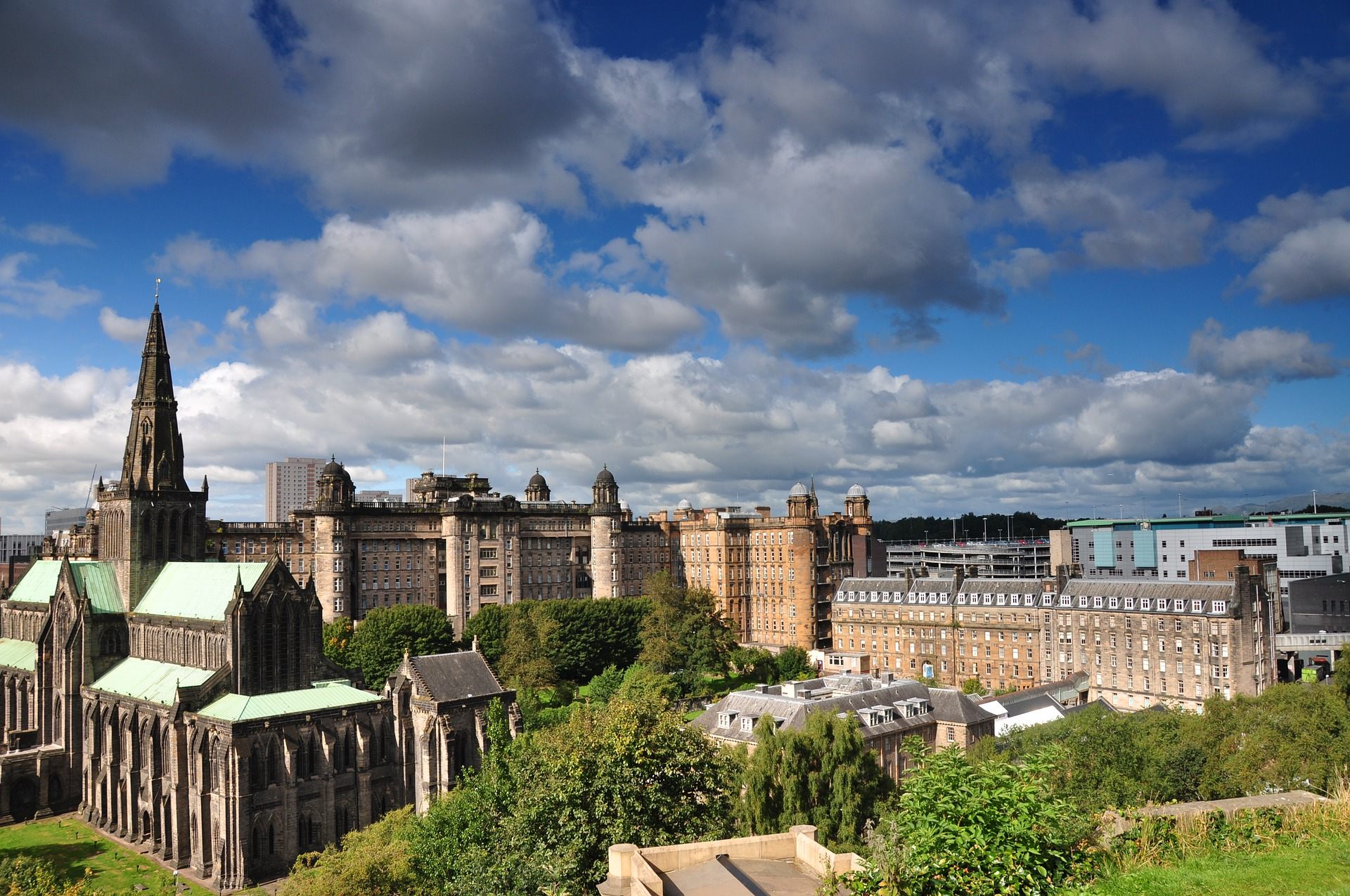
Other irregular U.K. demonyms come from ancient names of those places. “Mancunian” is a well-known one, but Fonteyn actually played the “guess the demonym” game with me about a weirder one: Leeds. I thought about it, realized I had never heard it, so took a guess. Leedsian?
Nope. It’s “Leodensian,” which comes from an old Celtic language.
Another good one is the city of Newcastle upon Tyne, usually just referred to as Newcastle. Newcastle is an extremely interesting demonym place because it actually has two demonyms. A more formal one in the same general spirit as “Leodensian” is the demonym “Novocastrian,” basically a direct Latin translation of “Newcastle.”
But the much more common demonym for people from Newcastle is so wildly irregular that it fits into a totally new section of demonyms. These I have decided to call the reappropriated demonyms. And Newcastle’s is “Geordie.”
Reappropriated demonym is not an official linguistic term, because demonyms, being understudied, are lacking some terminology. But it’s a useful categorization for some of the most fun demonyms out there. “The ones with the really weird demonyms for some reasons tend to originate in places that are talked about with a certain scorn,” says Fonteyn. These are poorer places, or places with large immigrant populations, or places with lower levels of education, or even just places with specific, unique dialects. They are, basically, the places that New Yorkers and Londoners—you’ll note that those are not irregular demonyms—mock.
Once these places are established as somewhere that is mocked, and mocked in a specific way, those terms might get reappropriated. If those jerk elitists in the big city think we’re all dirtbags, by god, we’re going to call ourselves the Dirtbaggers! Dirtbaggians!
The precise history of “Geordie” isn’t exactly clear, but most sources, including the Oxford English Dictionary, pin it to the fact that in 19th-century Newcastle, as the city grew during the Industrial Revolution, there were, um, many people named George. So people outside the city, in stereotyping and generally being rude to the Novocastrians, referred to them as “George.” As the British love to do, eventually it got a diminutive—that “-ie”—added onto the end and the second “g” was inexplicably replaced with a “d.”

Eventually the Novocastrians reclaimed the demonym and took pride in being called a bunch of Georges. Fonteyn ran a couple of collated searches for me in which she looked at the type of adjective most associated with different demonyms in news stories and on Twitter. What she found was that Geordie, today, is informal, but can be used for both positive and negative things. You can be a “proud” Geordie, or a “true” Geordie, or an “adopted” Geordie. Or you can be “shirtless,” “partying,” or “naughty.” (The word “Geordie” became known worldwide thanks to the U.K.’s Jersey Shore knockoff, Geordie Shore. So it’s not always positive.) But on the whole, says Fonteyn, “tentatively I would say that it’s been properly reappropriated.”
There are examples of reappropriated demonyms all over the world, and usually these are the ones with the best backstories. There’s “Yinzer,” in Pittsburgh: Pittsburghers are one of the many groups to have come up with a solution to English’s lack of a second-person plural. But instead of going with “y’all,” as did the American South, Pittsburghers created their very own: “yinz,” a corruption of “you ones.” The word is so associated with the city of Pittsburgh and nowhere else that Pittsburghers have taken pride in it and become known as Yinzers.
In Barbados, the particular dialect of English spoken in the country also changed the demonym. The regular demonym of Barbados is “Barbadian,” but that’s hardly used at all; instead, they go with “Bajan.” This is not pronounced “bah-han,” as it would be in the Mexican state of Baja California; instead, it rhymes with “Cajun,” and is a corruption of the last three syllables of “Barbadian.” See it? Badian becomes Bajan.
Another example: the people of Liverpool. Most people are probably aware of the formal demonym for people from Liverpool, if only because of the Beatles: “Liverpudlian.” (This seems to have no more complicated root than being sort of a pun. Pool, puddle. It’s not that funny but it stuck around.) But Liverpudlians have their own version of “Yinzer” and “Geordie.” Theirs is “Scouse.”
Scouse comes from a cheap fisherman’s stew of the same name. (The word “scouse” seems to come from a word of unknown origin, “lobscouse.” Scouse does not include lobster.) Liverpool is a working-class fishing town, and scouse is the iconic dish of the dockworkers. In scorn, other people would refer to people from Liverpool as “Scousers.” Eventually it was reappropriated, though not entirely; it is still sometimes used in kind of punny British way. For example, “scouse brows” is a way Liverpudlian women do their eyebrows, plucking out all the hairs and drawing the eyebrows back in with a marker. Scouse, according to Fonteyn’s indexing on Twitter, it is not nearly as reclaimed as “Geordie,” in that it is still often used in a scornful way.

Even currently non-marginalized cities sometimes have demonyms that come from reappropriation. Ever wonder where the word “Yankee” for a New Yorker comes from? The most likely history comes from New York’s days as New Amsterdam, full of recent Dutch immigrants. At the time, two of the most popular names for Dutch folks in the New World were Jan and Kees. If you wanted to mock those Dutch jerks out in New Amsterdam, you might refer to them—regardless of their actual name—as a bunch of Jan Kees. Jan, of course, is pronounced “yahn,” and was eventually Anglicized into “Yankee.”
One of the most interesting demonym quirks is associated with the Ancient Greek suffix, -ite. Unlike the reappropriated demonyms, the regular ones, like Italian or Welsh, are typically neutral. The word “Italian” carries no positive or negative connotation in itself—it is simply a factual way of describing the people or a property of a place. But -ite is not neutral; it is, weirdly, negative.
“This is extremely puzzling,” says Fonteyn. The Oxford English Dictionary lists the -ite ending as “slightly contemptuous,” and Wiktionary declares it “sometimes pejorative.” I took a look through Twitter myself to see about that.
Tweets using the demonym “New Yorker” are not notably positive or negative. But “Manhattanite” and “Brooklynite,” both of which have no particular reason to mean anything besides “person or property of this place,” are both strikingly negative. Words associated with “Manhattanite” include “wealthy,” “pampered,” “gilded,” “lily white,” and “entitled.” The same feeling of rich snobbery happens with “Londonite.” The more historically working-class -ite places, like Brooklynite and New Jerseyite, take the same forms as the reappropriated demonyms: a lot of words such as “proud,” “true,” and “native.” This does not happen with other regular suffixes such as, say, “Bostonian” or “Parisian,” big cities whose demonyms are primarily neutral.
I have no idea why -ite is weird. But not understanding something about demonyms seems, even after studying them, to be pretty par for the course.
ANSWER KEY
- Glaswegian
- Novocastrian or Geordie
- Pittsburgher or Yinzer
- Liverpudlian or Scouser
- Leodensian
- Wulfrunian
- Malagasy
- Haligonian
- Bajan
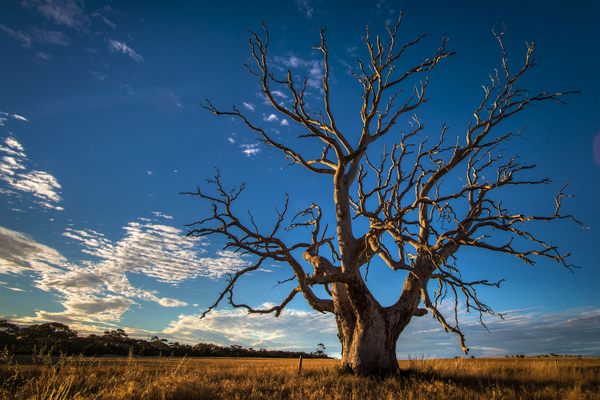
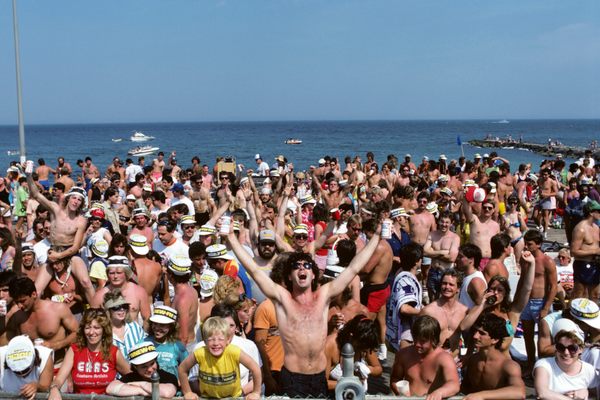
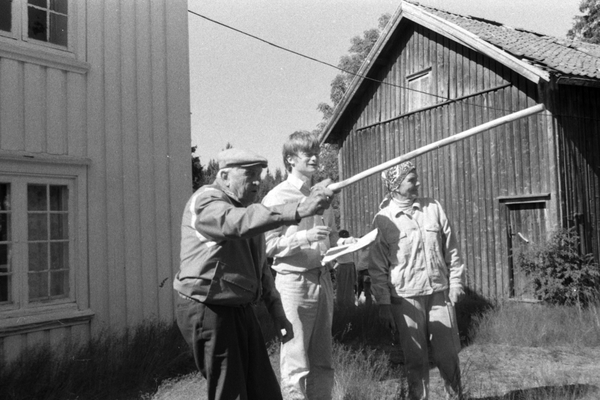
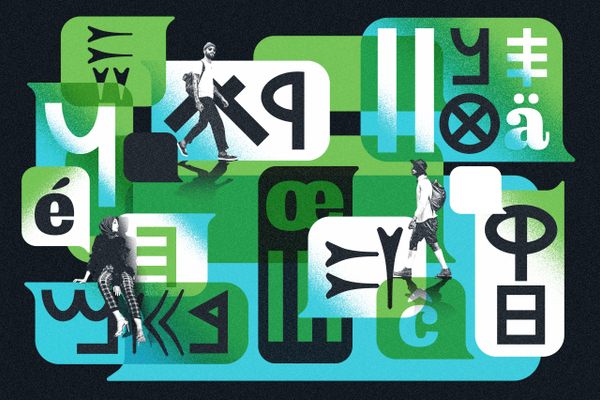
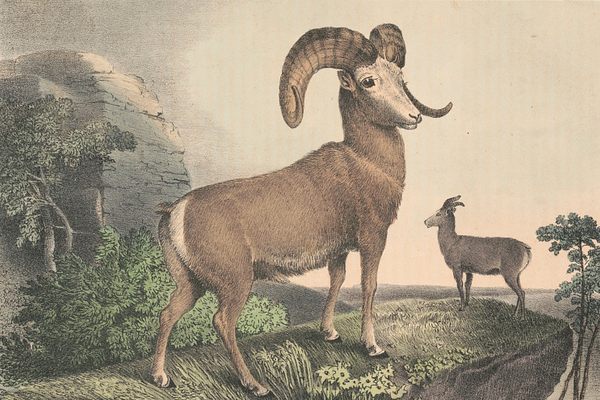


Follow us on Twitter to get the latest on the world's hidden wonders.
Like us on Facebook to get the latest on the world's hidden wonders.
Follow us on Twitter Like us on Facebook